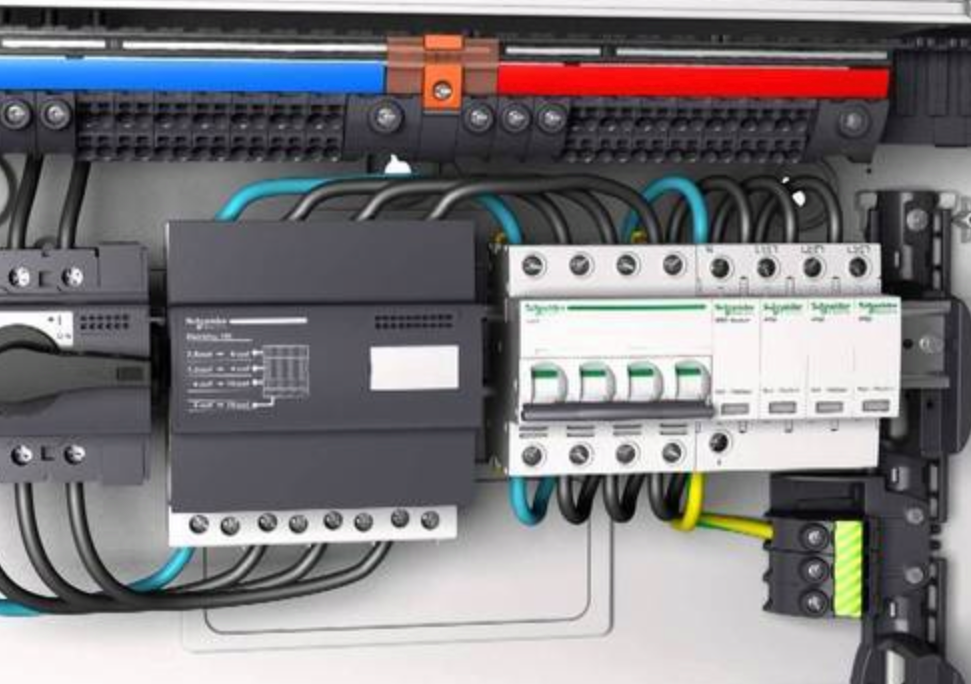License #899482
Do You Need a Home Backup Generator, and Which One Is Best?

Did the power go out again? How long was it for this time?
Whether it's due to storms, falling trees, or other problems, power outages always seem to happen at the very worst possible moments. This is also why homeowners who prefer to be prepared might consider buying a home backup generator.
Imagine: Your lights, stove, refrigerator and all-important iPhones stay charged until your ordeal is done!
But here's the problem: According to Consumer Reports, sales of backup generators "spike around major storms—just before and a few weeks after—which means that too many buyers shop when the power’s out, randomly choosing a generator that looks up to the task, and then have no idea what to do with it when they get it home."
If you don't want to be one of these bumbling generator buyers, it pays to read up on your options before disaster strikes. So how about right now?
Here's the scoop from generator expert Michael Malecka of Malecka Electric, a provider and installer of backup generators in the Lake Almanor area.
When shopping for a generator, there are three questions you should ask:
1. How much wattage do you need? For instance, each lightbulb will require 10-100 watts of power, your microwave oven 450-1000 watts, a laptop 25-80 watts.
2. How often will you use the generator? If you're in an area where power outages happen only once in a blue moon, then a cheaper rainy-day model is probably fine. If you live in the mountains where winds and heavy snow regularly bring trees down on top of power lines, you will want a setup that makes life comfortable through any weather.
3. How much do you want to spend? Reliability has a price. The more you spend, the more comfortable you'll be during a power outage.
Is hours of research not the thing you want to do right now? Tired of being without power or spoiled food in the fridge and just want it to not happen again? Call us, we can help: 530-816-9616

Portable Generators
Cost: $400 to $2000 (up to $5000 for Honda)
Wattage: Up to 8,500 watts
Most portable generators are akin to really big lawn mowers: loud, smelly, and dirty, but extremely necessary. They serve as a cheap insurance policy if your home goes dark only once every few years. To be up to code and ensure you're not potentially endangering power workers, you should run the generator into a power transfer switch.
This also lets you power things like overhead lights, heaters, air conditioners, and other things that don't run on a plug. In the Lake Almanor area it’s not a case of loosing power once every few years, but a few times every year. If you are going to go with a portable generator, you won’t want to regret buying a generator you will grow to hate.
But watch out: For safety reasons, it's very important to keep portable generators running at least 10 feet away from your home so that you don't run the risk of carbon monoxide poisoning. Got that?
Here are some nice-to-haves to look for when shopping for a portable generator:
- Push-button start—otherwise, it'll start with a chain like an old-fashioned lawn mower
- Fuel gauge
- Low-oil shutoff
- Inverter technology to help protect electronics
- Extra outlets
- Quite operation (60db and less. 60 decibel is the noise level of a typical human conversation)
Are you ready to have your generator safely hooked up to your home? Call us, we can help: 530-816-9616 (maleckaelectric@gmail.com)
Stationary generators
Cost: $3,000 to $30,000
Wattage: 5,000 to 100,000 watts
These generators, roughly the size of a garage-size freezer, are designed to keep your house fully powered for days in the event of serious (or frequent, smaller) power outages.
Stationary generators must be professionally installed by a contractor, usually on a permanent pad near your home. They can run on a variety of fuel options, including propane and diesel, or even be hooked up to the municipal gas lines—that way, they run cleaner and don't emit the carbon monoxide fumes of portable generators. In the Lake Almanor area, propane is the recommended option.
Even better, these units can be wired into your electrical system to automatically switch on when the grid loses power and automatically transfer back when the power comes on.
All in all, if you lose power frequently, work from home on tight deadlines, and/or have computer systems or medical equipment that are critical to run, a stationary generator guarantees a smooth ride through any blackout without a hitch. It will also save all the food in your fridge from spoiling. That can be costly $$$.
Do you still need help deciding on the right generator setup for you?
- Call Malecka Electric for expert advice and a free quote. 530-816-9616 (maleckaelectric@gmail.com)
- This wattage calculator is a great way to figure out how much maximum power you're going to need. However, to realistically calculate the power you will need and NOT buy a generator that is better used for emptying your propane tank than powering your house… That’s right, call 530-816-9616.
- Remember the old adage, you get what you pay for, is true when it comes to the generator you buy and who you have install it. Malecka Electric receives calls from time to time to come fix a generator installations performed by inexperienced individuals that met with problems.
But what about generator maintenance?
Come back soon to read a post about that very subject. Or, just want it done? Call 530-816-9616.


